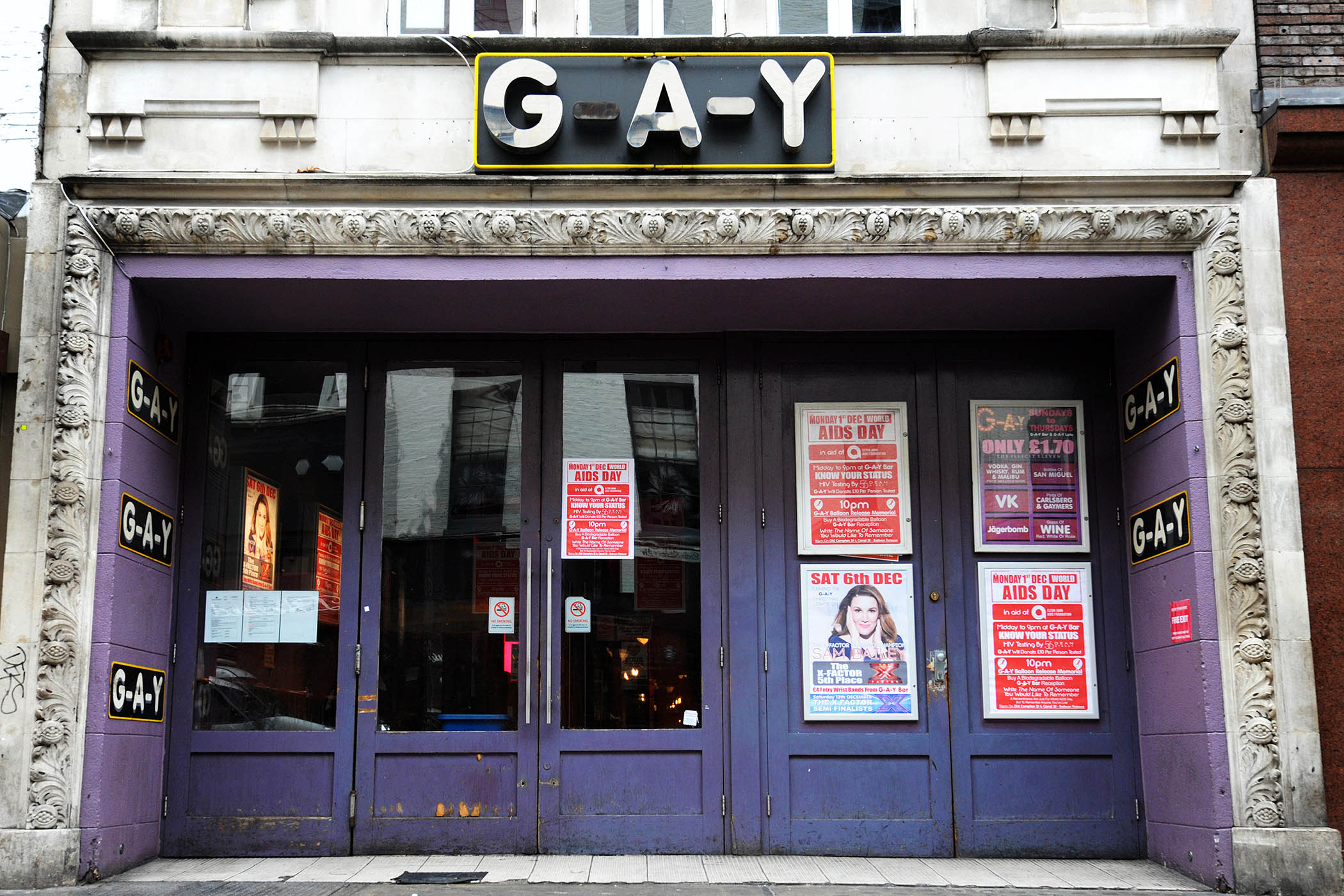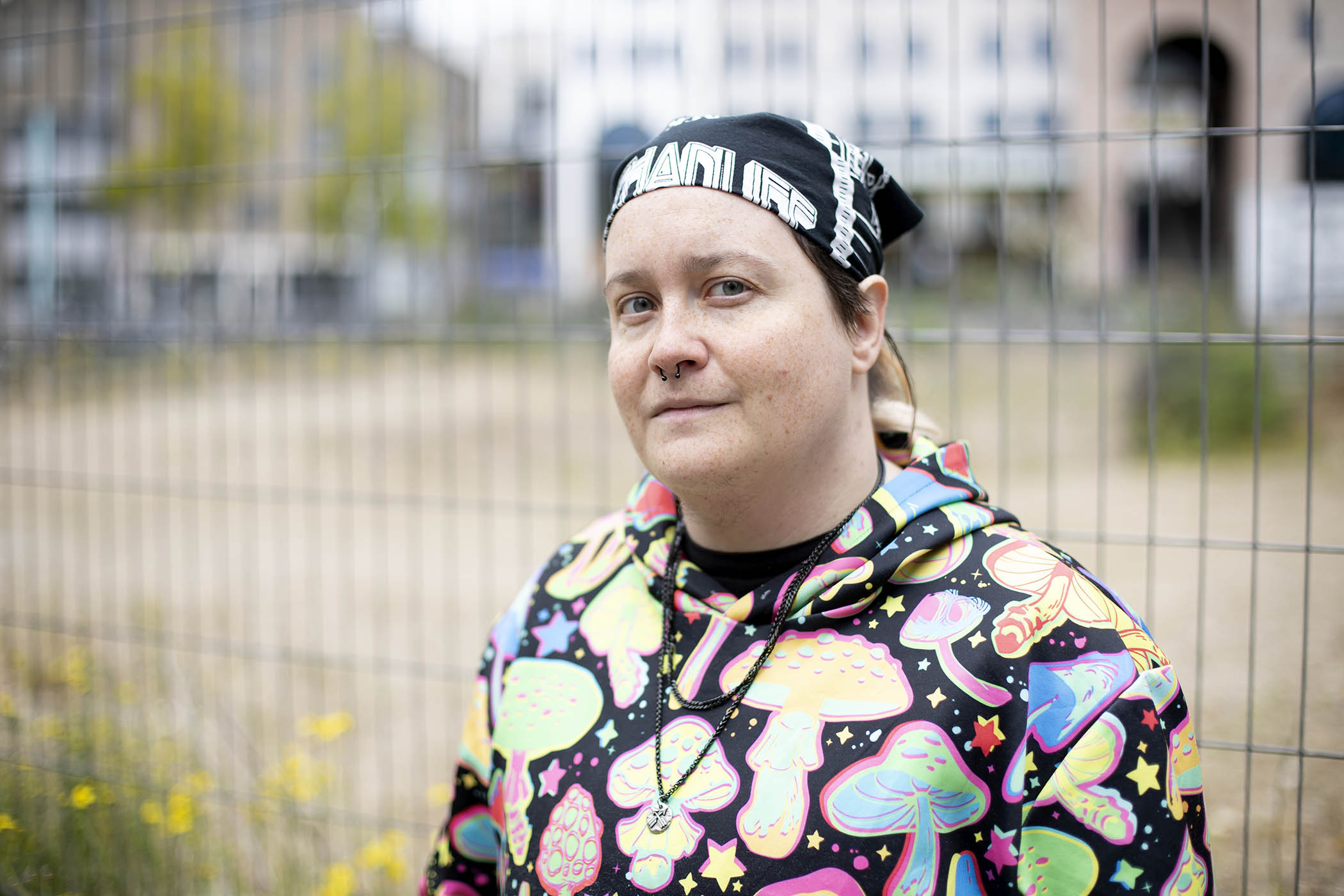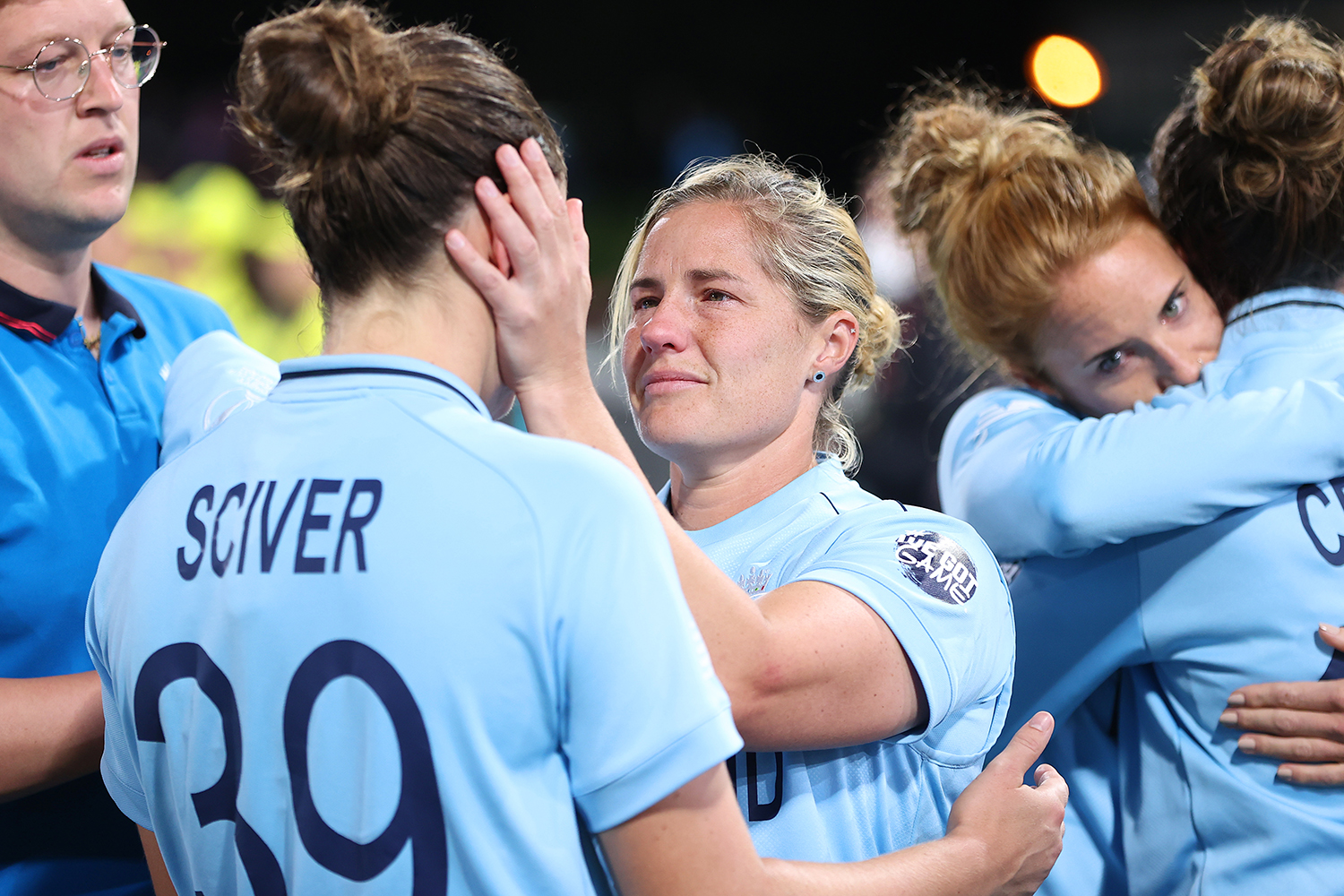This weekend, London’s G-A-Y bar will close. Its owner, Jeremy Joseph, says he is sad but Soho is losing its LGBTQ+ identity and he must concentrate on his nightclub, Heaven. The news is leading many to predict the death of the queer scene, not just in the capital but across the UK.
If this happens, I’ll be devastated. Having grown up in the 1980s as a bullied outsider in a small town in the north of England, the queer scene saved my life. My first experience of it was in Manchester’s Gay Village, in a bar called Manto that would later become G-A-Y’s northern outpost. This was a rite of passage. I felt excited, fascinated and aroused, but also terrified. I’d been told terrible things about gay men – that we were perverted, disease-carrying sexual predators – and part of me still believed them. The scene helped me shake off that shame, and even more so when I moved to London.
G-A-Y played a big part in that. The bar in its current incarnation opened in 2002 and had video screens playing the latest pop music, handsome barmen, glass-fronted doors and a queue outside. It was fashionable, sexy and brazen.
My nights out helped me find my tribe and feel a sense of belonging. Before the online revolution, this was difficult for queer people as we’re one of the few minority communities who usually don’t have parents from the same minority. My experiences were so important in shaping who I am that they inspired several scenes in my novels – my own way of saying thanks.
Of course, the scene wasn’t perfect. It revolved around drink and drugs and celebrated good looks and youth. These days, quieter members prefer to connect with their tribe online, especially if they belong to sub-communities like queer gamers or sports fans.
As British society has become more accepting – of gay men, at least – we have less need of refuge from persecution. But I believe we’ll always need physical connection with others like us. In 2016, a vigil for the victims of the shootings at Pulse nightclub in Florida was held outside G-A-Y. Our community was suffering and we needed to come together to heal. I attended what was a powerful, moving experience.
But since then, many of Soho’s queer venues have given way to chain restaurants and the scene has evolved. There are now bars like the Divine in Dalston, east London, offering queer theatre and cabaret nights. The same has happened in Manchester’s Northern Quarter, where Social Refuge houses the Queer Lit bookshop, offers queer quizzes, comedy nights, a book club and creative writing workshops.
In London, Heaven lives to fight another day – just not in Soho. While I find this encouraging, I worry that if the scene spreads out too much it might lose focus and its heart.
But I’m 50 now, no longer single and trying to work out who I am. My glory days on the scene are over. So I’m handing the baton on to the younger generation: it’s your turn on the frontline. Whatever form you’d like your queer scene to take, use it, cherish it, and – if need be – fight for it.
Matt Cain’s latest novel, One Love, is published by Kensington
Newsletters
Choose the newsletters you want to receive
View more
For information about how The Observer protects your data, read our Privacy Policy
Photograph by Lauren Hurley/PA Images


